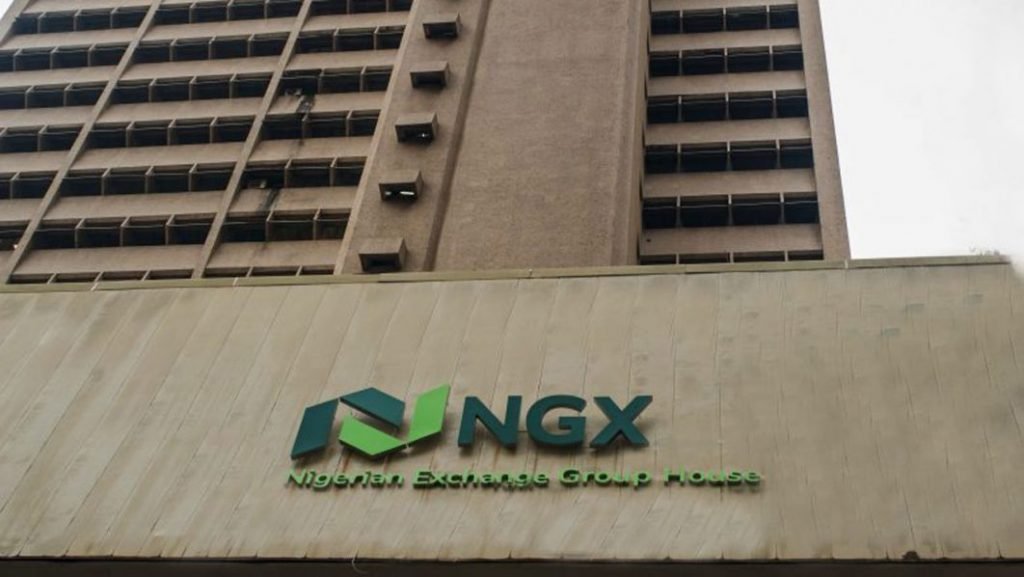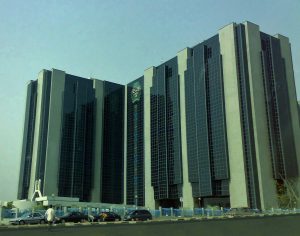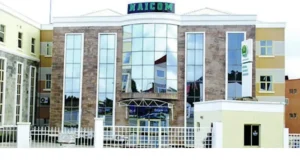
By David Akinmola
Nigerian banks have emerged as the dominant force in the Nigerian Exchange Limited (NGX) equity listings for 2025, accounting for more than ₦2.1 trillion of the total ₦3.67 trillion in new listings recorded so far this year.
Data obtained from the NGX showed that the financial services sector—led by top-tier banks—contributed the lion’s share of fresh equity capital to the market, underscoring the sector’s renewed strength, improved profitability, and growing investor confidence following the Central Bank of Nigeria’s (CBN) recapitalisation directive.
The listings, which include rights issues, private placements, and public offers, reflect the banking industry’s drive to raise additional capital to meet the new minimum capital requirements set by the apex bank earlier this year. Several banks, including Access Holdings, Zenith Bank, Guaranty Trust Holding Company (GTCO), UBA, and First Bank Holdings, have already announced or completed capital-raising programmes in response to the CBN’s recapitalisation timeline.
Market analysts said the strong showing by banks highlights investors’ continued appetite for financial stocks, buoyed by impressive earnings, dividend payouts, and expectations of enhanced resilience across the sector.
“The banking sector’s dominance in NGX equity listings is not surprising,” said Dr. Bala Usman, an investment analyst based in Lagos. “The recapitalisation exercise has triggered significant capital market activity, while investors are positioning for future growth and stronger balance sheets.”
The NGX, in its latest market update, noted that the new equity inflows have deepened liquidity and improved overall market capitalisation, creating opportunities for institutional and retail investors alike.
Beyond banking, other contributors to the total ₦3.67 trillion listings included the industrial goods, consumer goods, and energy sectors — though their combined value remains significantly lower than that of the financial services industry.
Experts believe that the recapitalisation drive and broader economic reforms will continue to stimulate activity in the equities market through 2026, particularly as more banks and corporates seek to strengthen their capital base and expand operations.
“The renewed investor confidence and steady flow of new equity capital are clear signals that the Nigerian capital market is regaining its vibrancy,” said a senior NGX executive. “The banking sector, being the largest driver of financial intermediation, will continue to play a central role in this resurgence.”
With banks expected to sustain their fundraising programmes into 2026, market watchers anticipate that the financial services sector will remain a key catalyst for growth on the NGX, reinforcing its position as the backbone of Nigeria’s capital market performance.





